Brussels expects EULEX deployment by December
EU Foreign and Security Policies Chief Javier Solana says that he expects the EULEX mission to be deployed in Kosovo by December.
Tuesday, 28.10.2008.
09:16

EU Foreign and Security Policies Chief Javier Solana says that he expects the EULEX mission to be deployed in Kosovo by December. At the same time, EULEX Chief Yves de Kermabon said that there were positive signals coming from Belgrade as far as acceptance of EULEX was concerned. Brussels expects EULEX deployment by December State Secretary to the Kosovo Ministry Oliver Ivanovic said that reaching an agreement with Brussels regarding EULEX did not mean that Serbia recognized Kosovo’s unilateral independence declaration. Solana, along with NATO Secretary General Jaap de Hoop Scheffer, supported the negotiations between Belgrade and the UN regarding the UNMIK reconfiguration. De Kermabon said that the mission was working within the framework of UN Security Council Resolution 1244. Ivanovic told daily Dnevnik that Serbia’s conditions for the deployment of EULEX throughout the entire territory of Kosovo were that it must be approved by the UN Security Council, that EULEX’s status should be neutral, and that the mission would not implement the Ahtisaari Plan. The Kosovo media has, however, been focusing on unconfirmed reports that UN envoy to Kosovo Andrew Ladley has proposed an administrative partition of the province to Pristina officials. UN Secretary-General Ban Ki-moon's spokesman Brendan Varmaneither neither confirmed or denied the reports in local dailies that a partition of Kosovo had been proposed. Media in Pristina have even released the contents of Ladley’s document, the ideas in which have been rejected by Kosovo officials. The media has been constantly reporting on Ladley’s shuttle-diplomacy between Pristina and Belgrade over the last few days. Ladley, who was named by the UN as an international legal negotiating expert, wants to achieve an agreement on the six points of UN Secretary General Ban Ki-moon’s letter to President Boris Tadic by mid-November. The letter included discussions of the functioning of customs, police and court institutions in northern Kosovo. After three visits to Belgrade and several meetings with Kosovo officials, Ladley prepared a working document for the resumption of talks between the two sides, which, according to media, Kosovo officials did not receive very warmly, because of the proposal to form a special customs administration and autonomous police force in the north, which would inevitably lead to a partition. In return, Belgrade would agree to the deployment of EULEX throughout Kosovo, which would lead ultimately to the approval of the EU mission’s work in Kosovo by the UN secretary general or Security Council chairman. Pristina officials have yet to confirm the existence of Ladley’s document, but they have commented on its contents, which has been taken as indirect confirmation of its existence. Kosovo President Fatmir Sejdiu and Prime Minister Hashim Thaci used the same word in answering questions related to the document—conditioning—when reporters asked them about the Ladley document and the future of EULEX. Javier Solana (FoNet, archive)
Brussels expects EULEX deployment by December
State Secretary to the Kosovo Ministry Oliver Ivanović said that reaching an agreement with Brussels regarding EULEX did not mean that Serbia recognized Kosovo’s unilateral independence declaration.Solana, along with NATO Secretary General Jaap de Hoop Scheffer, supported the negotiations between Belgrade and the UN regarding the UNMIK reconfiguration.
De Kermabon said that the mission was working within the framework of UN Security Council Resolution 1244.
Ivanović told daily Dnevnik that Serbia’s conditions for the deployment of EULEX throughout the entire territory of Kosovo were that it must be approved by the UN Security Council, that EULEX’s status should be neutral, and that the mission would not implement the Ahtisaari Plan.
The Kosovo media has, however, been focusing on unconfirmed reports that UN envoy to Kosovo Andrew Ladley has proposed an administrative partition of the province to Priština officials.
UN Secretary-General Ban Ki-moon's spokesman Brendan Varmaneither neither confirmed or denied the reports in local dailies that a partition of Kosovo had been proposed.
Media in Priština have even released the contents of Ladley’s document, the ideas in which have been rejected by Kosovo officials.
The media has been constantly reporting on Ladley’s shuttle-diplomacy between Priština and Belgrade over the last few days.
Ladley, who was named by the UN as an international legal negotiating expert, wants to achieve an agreement on the six points of UN Secretary General Ban Ki-moon’s letter to President Boris Tadić by mid-November. The letter included discussions of the functioning of customs, police and court institutions in northern Kosovo.
After three visits to Belgrade and several meetings with Kosovo officials, Ladley prepared a working document for the resumption of talks between the two sides, which, according to media, Kosovo officials did not receive very warmly, because of the proposal to form a special customs administration and autonomous police force in the north, which would inevitably lead to a partition.
In return, Belgrade would agree to the deployment of EULEX throughout Kosovo, which would lead ultimately to the approval of the EU mission’s work in Kosovo by the UN secretary general or Security Council chairman.
Priština officials have yet to confirm the existence of Ladley’s document, but they have commented on its contents, which has been taken as indirect confirmation of its existence.
Kosovo President Fatmir Sejdiu and Prime Minister Hashim Thaci used the same word in answering questions related to the document—conditioning—when reporters asked them about the Ladley document and the future of EULEX.











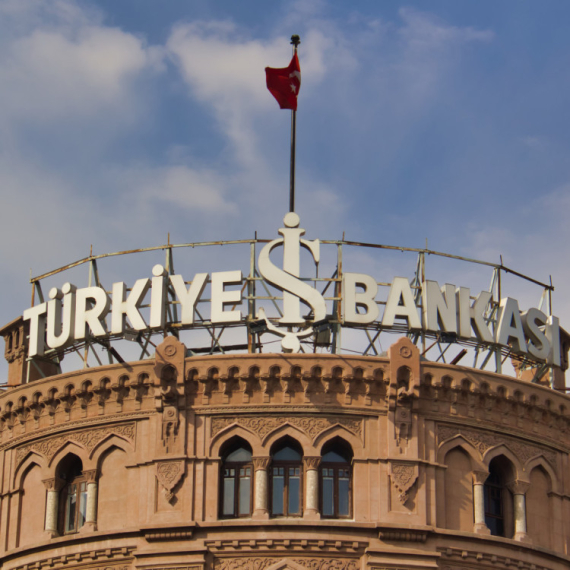

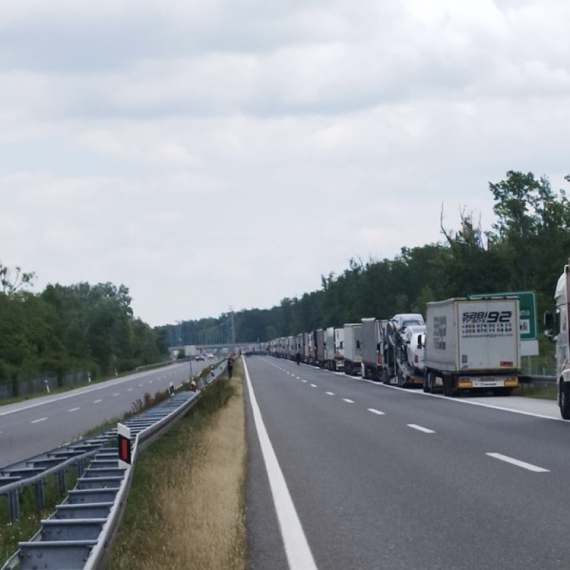
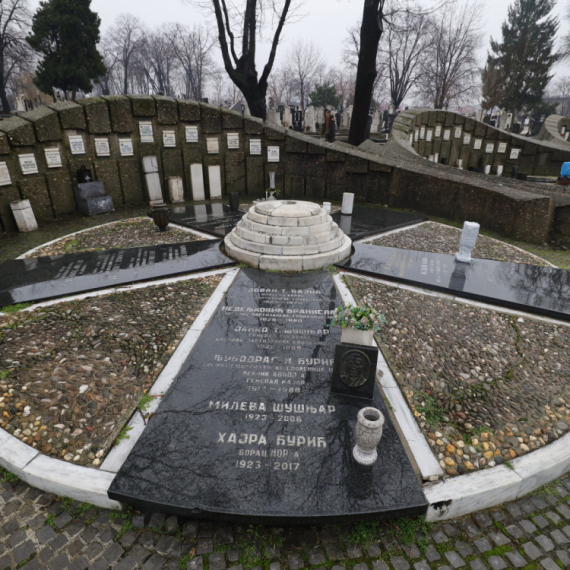
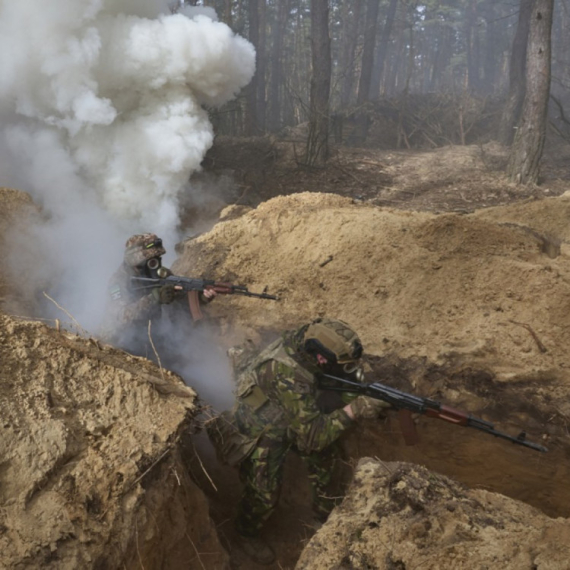
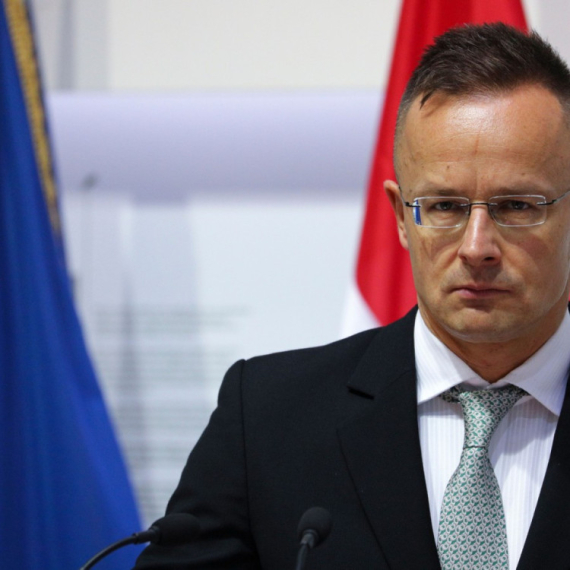




















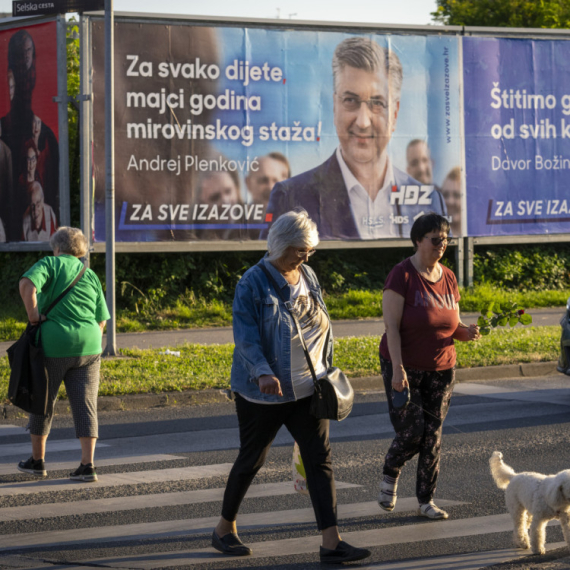













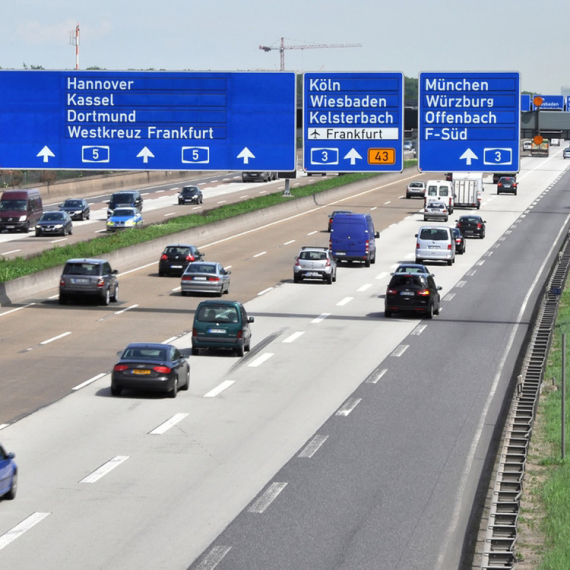






Komentari 1
Pogledaj komentare